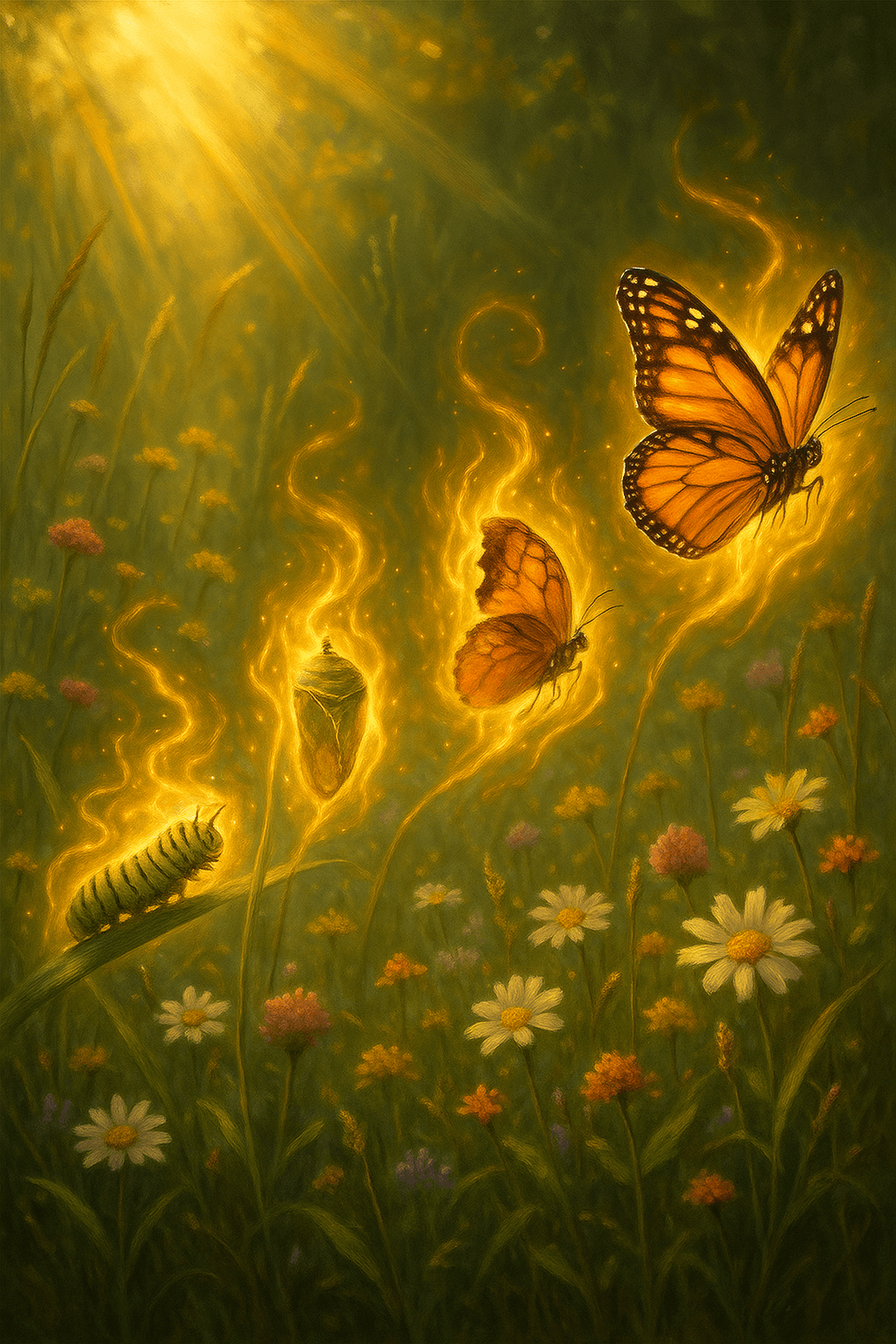Rediscovering Balance: The Danger of Overthinking in Modern Life

We think too much and feel too little. — Charlie Chaplin
—What lingers after this line?
One-minute reflection
What's one small action this suggests?
Chaplin’s Timeless Observation
Charlie Chaplin’s famous words, 'We think too much and feel too little,' capture a lingering human dilemma—that intellect, while invaluable, can overshadow our emotional selves. Spoken by a comedic genius who observed the world through both laughter and tears, this quote invites us to reflect on how excessive analysis may mute the heart’s wisdom. His films, such as ‘The Great Dictator’ (1940), blend sharp social commentary with raw emotion, underscoring this very message.
Reason Versus Emotion in Decision-Making
Delving deeper, history and science show that both thinking and feeling play crucial roles in our decisions. However, as society grows more complex, an overreliance on logic can cause us to dismiss vital feelings. For instance, while Enlightenment thinkers like René Descartes prioritized reason, later philosophers, such as David Hume, insisted that emotion drives action. Thus, Chaplin’s insight bridges centuries of thought on the interplay of heart and mind.
The Cost of Emotional Suppression
Transitioning from theory to practice, suppressing emotions can have tangible consequences. Research by psychologist Daniel Goleman, author of 'Emotional Intelligence' (1995), links emotional awareness to success in relationships and work. When we stifle feeling in favor of cold rationality, we risk alienation—from ourselves and others—leading to stress and disengagement. In workplaces and personal lives alike, empathy often proves more transformative than analysis alone.
Technology and the Modern Mindset
Moreover, Chaplin’s observation is eerily prescient in an era defined by technological saturation. Modern communication relies on logic-driven algorithms and metrics, yet often fails to foster genuine connection. Social media amplifies information and opinions, sometimes at the expense of true empathy. As digital interactions proliferate, the call to reclaim our feeling nature becomes increasingly urgent, lest we lose touch with authentic human connection.
Cultivating the Lost Art of Feeling
Ultimately, reclaiming emotional depth doesn’t mean abandoning thought—it means harmonizing mind and heart. Practices such as mindfulness, expressive arts, and empathetic dialogue encourage us to notice and honor our feelings. From Chaplin’s silent films, where emotion spoke louder than words, to today’s therapeutic practices, the message remains: to be fully human, we must think deeply and also feel deeply, restoring a lost equilibrium in a restless world.